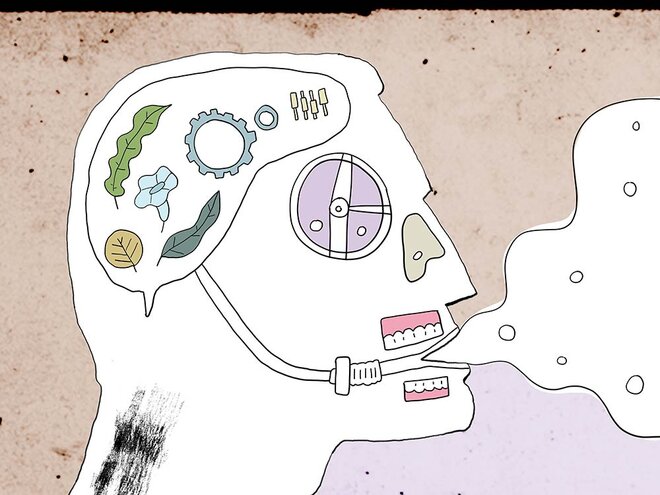
Airplane travel is deemed to be the safest form of travel. But that doesn't seem to be the case anytime there is a plane crash anywhere in the world. The news typically gets picked up by the media and is splashed all over.
As Daniel Levitin writes in A Field Guide to Lies and Statistics, "News reports showed that 2014 was one of the deadliest years for plane crashes: 22 accidents resulted in 992 fatalities." Close to 1,000 people dying in a year while using a particular form of travel does sound quite a lot. But is that the case? Or does it sound quite a lot because of the way the entire statement is framed? If framed differently would things look differently? The answer is yes. Allow me to explain.
While the news media picks up and reports air crashes in great detail, they never tend to write about so many more flights carrying so many more passengers making safe-landings on airstrips all over the world. A safe landing doesn't really make for news. A crash does. This is an essential point that needs to be kept in mind whenever reading a report on an air crash. This framing is very important.
As Levitin writes, "Flying is actually safer now than it has ever been. Because there are so many more flights today than ever before, the 992 fatalities represent a dramatic decline in the number of deaths per million passengers (or per million miles flown). On any single flight on a major airline, the chances are about one in five million that you'll be killed, making it more likely that you'll be killed doing just about anything else." This includes something as simple as walking across the street or even eating food. In fact, death by choking or unintentional poisoning is about 1,000 times more likely.
Hence, airline travel is much more safe than it actually looks and feels like. The fact that we feel it is unsafe (or not as safe as it is) is largely because of the way news reports on airplane crashes are framed. They don't talk about all the safe landings that are made. They only talk about the crashes.
In fact, the framing effect can have more serious repercussions than this. Michael Lewis talks about this in his new book The Undoing Project: A Friendship that Changed the World. This wonderful book is about the Israeli-American psychologists Daniel Kahneman and Amos Tversky. One of the things that gets discussed in detail in this book is how differently doctors and patients made choices, depending on how the choices were framed - in terms of losses or in terms of gains.
An example of this is lung cancer. As Lewis writes, "Lung-cancer doctors and patients in early 1980s faced two unequally unpleasant options: surgery or radiation. Surgery was more likely to extend your life, but, unlike radiation, it came with the small risk of instant death. When you told people that they had a 90 per cent chance of surviving surgery, 82 per cent of patients opted for surgery. But when you told them that they had a 10 per cent chance of dying from the surgery-which was of course just a different way of putting the same odds-only 54 per cent chose the surgery."
Hence, the response of the patients to the same question depended on the way it was framed. If the question highlighted survival, more people opted for surgery. When it talked about death, without changing the probability of surviving the surgery, the number of people opting for surgery dropped considerably.
Therefore, as Lewis puts it, "People facing a life-and-death decision responded not to the odds but to the ways the odds were described to them." In fact, a surgeon who understood the framing effect could use it to his advantage by telling the "patient he had a 90 per cent chance of surviving a surgery, rather than a 10 per cent of dying from it, simply because it was in his interest to perform the surgery."
Another interesting impact of the framing effect throws up in case of organ-donation rates across countries. As Daniel Kahneman writes in Thinking, Fast and Slow, "Few people would argue that the decision of whether or not to donate one's organs is unimportant, but there is strong evidence that most people make their choice thoughtlessly. The evidence comes from a comparison of the rate of organ donation in European countries, which reveals startling differences between neighbouring and culturally similar countries. An article published in 2003 noted that the rate of organ donation was close to 100 per cent in Austria but only 12 per cent in Germany, 86 per cent in Sweden but only 4 per cent in Denmark."
So, what explained this difference? As Kahneman writes, "These enormous differences are a framing effect, which is caused by the format of the critical question. The high-donation countries have an opt-out form, where individuals who wish not to donate must check an appropriate box. Unless they take this simple action, they are considered willing donors. The low-contribution countries have an opt-in form: you must check a box to become a donor. That is all. The best single predictor of whether or not people will donate their organs is the designation of the default option that will be adopted without having to check a box."
The point being that in case of any policy, people react in the way in which it is framed. And that should become a very important point in deciding how the policy is framed.
